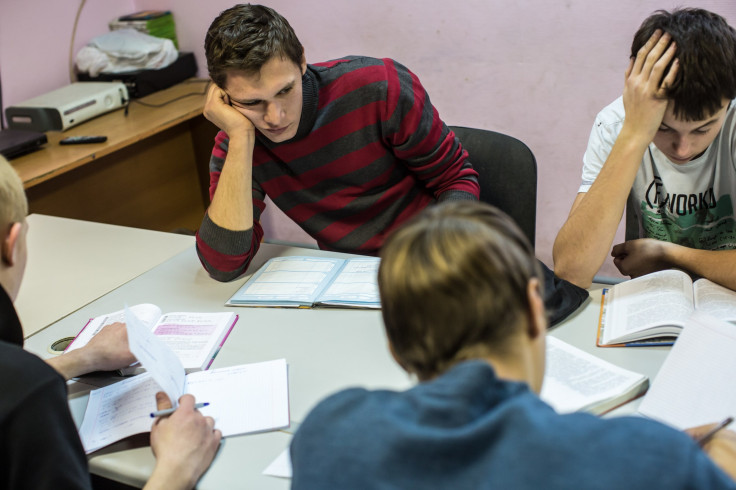Teenagers' Reward-Seeking Behavior Helps Them Learn From Experiences, Study Says

Teenagers are often called out for their reward-seeking behavior, but a new study shows that this may not necessarily be a bad thing. This behavior can in fact help adolescents learn from their experiences and prepare them for adulthood.
“Studies of the adolescent brain often focus on the negative effects of teens’ reward-seeking behavior. However, we hypothesized that this tendency may be tied to better learning,” co-author Daphna Shohamy, from Columbia University’s Mortimer B. Zuckerman Mind Brain Behavior Institute, said in a statement.
“Using a combination of learning tasks and brain imaging in teens and adults, we identified patterns of brain activity in adolescents that support learning — serving to guide them successfully into adulthood,” she added.
The study published Wednesday in the journal Neuron found that the coordinated activity of two regions of the adolescent brain grants teenagers the ability to learn from the outcomes of their reward-seeking behavior.
Researchers from Harvard, Columbia and California universities studied 41 teenagers and 31 adults. The researchers first focused on the striatum, which coordinates several aspects of higher brain function like planning and decision-making. It also plays an important role in reinforcement learning.
“In simplest terms, reinforcement learning is making a guess, being told whether you’re right or wrong, and using that information to make a better guess next time,” the paper’s first author Juliet Davidow from Harvard University said in the statement.
“If you guess right, the striatum shows activity that corresponds to that positive feedback, thus reinforcing your choice,” Davidow added. “Essentially, it is a reward signal that helps the brain learn how to repeat the successful choice again.”
Given the adolescents' reward-seeking behavior, the researchers suggested that teenagers would be better at reinforcement learning than adults. In the memory and picture tasks the researchers administered to the subjects, adolescents performed better than adults. Researchers assumed that teenagers performed better due to a hyperactive striatum but brain scans of adult and teenage subjects showed “no difference in reward-related striatal activity.”
The researchers found that the difference between the groups lay in the hippocampus, which is the brain’s memory center. Although it is important for storing memories, the hippocampus is usually not associated with reinforcement learning. However in adolescents, the researchers found that the striatum and hippocampus work together.
“What we can take from these results isn’t that teens necessarily have better memory, in general, but rather the way in which they remember is different,” Shohamy said. “By connecting two things that aren’t intrinsically connected, the adolescent brain may be trying to build a richer understanding of its surroundings during an important stage in life.”



























